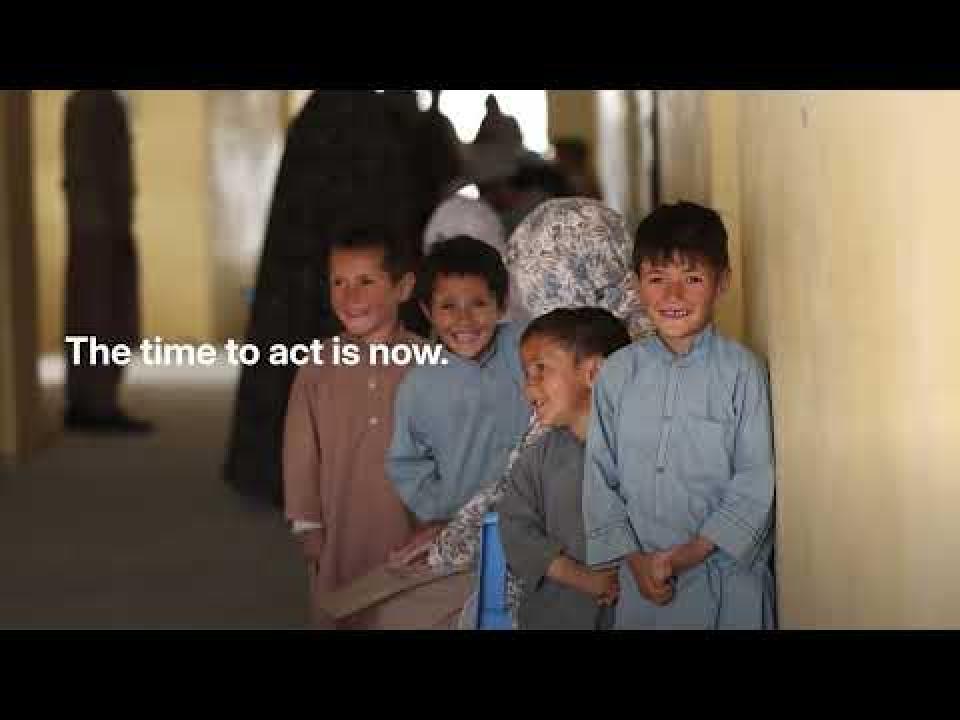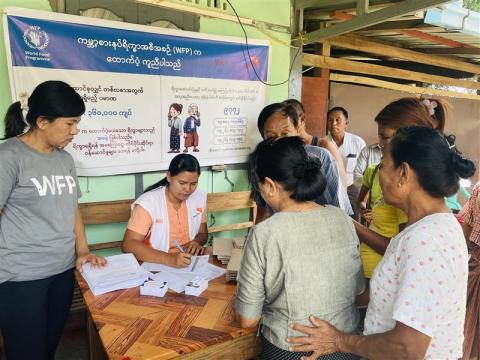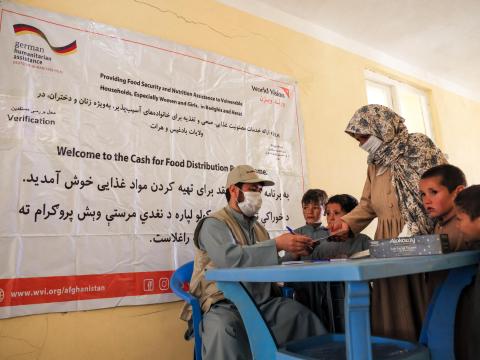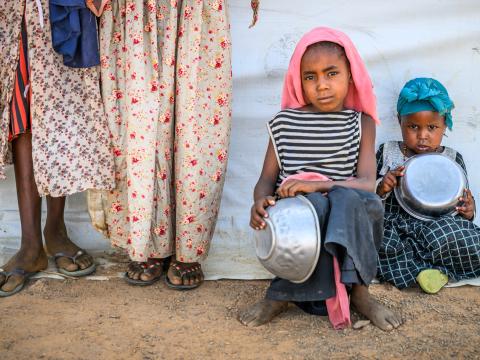
Billions hungry: Inevitable or Inexcusable?
Andrea Galante shares what the State of Food Security and Nutrition in the World #SOFI2025 report tell us about the urgent need to rethink food aid, power, and people-centred solutions.
4 August 2025.
Every year, the State of Food Security and Nutrition in the World (SOFI) report lands with the familiar weight of urgent facts and weary warnings. At first glance, the 2025 edition offers a glimmer of progress: a modest drop in global hunger from 8.5% in 2024 to 8.2%, but that marginal gain is quickly eclipsed by a deepening crisis as regards the numbers of those affected.
In reality, given continued global population growth, this percentage drop may actually represent an increase in the absolute number of people facing hunger.
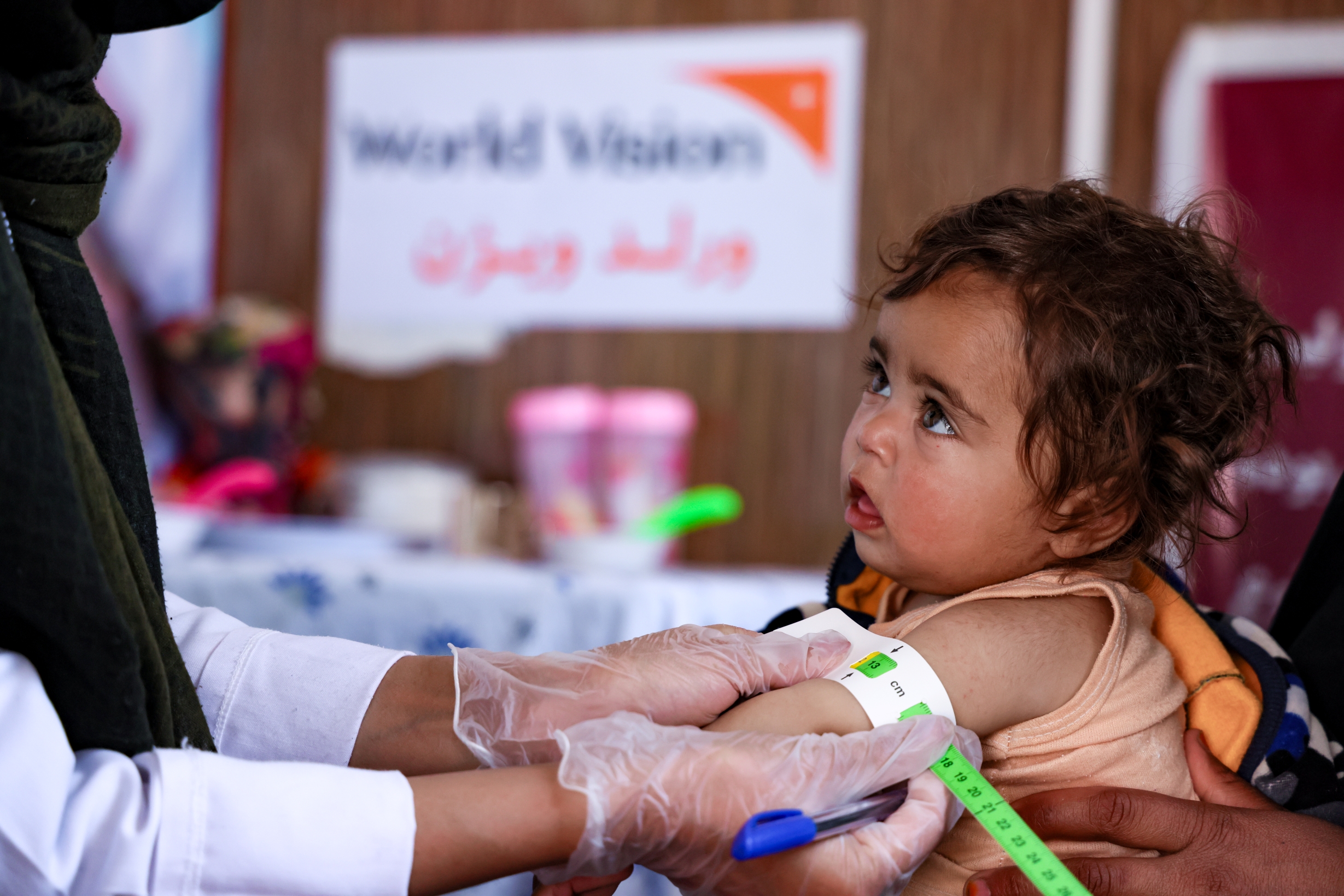
Hunger Isn’t Just a Statistic…
The truth is that our global food system continues to fail billions, especially the poorest and most vulnerable.
Let’s be clear. The 2.3 billion people now facing moderate or severe food insecurity are not numbers on a spreadsheet. They are mothers skipping meals so their children can eat, teenagers leaving school to find work, and farmers selling the tools of their trade to buy rice.
In Africa alone, hunger now affects more than 307 million people, roughly one in five. If current trends continue, nearly 60% of the world’s hungry will live on that continent by 2030. Meanwhile, 2.6 billion people still cannot afford a healthy diet.
Inequality on a Plate: Who’s Left Behind and Why?
The SOFI 2025 report delivers a stark warning: only one in three children aged 6 - 23 months, and just two in three women aged 15 – 49, are receiving diets with adequate nutritional diversity. These are flashing warning lights signalling long-term, intergenerational damage to health, development, and gender equality.
What emerges most forcefully from the data is not just a call for more food, but a demand for urgent, inclusive, and globally coordinated action to ensure the most vulnerable are no longer systematically neglected. Because let’s be honest: the crisis is not about food availability, it’s about the entrenched systems that keep people poor, powerless, and perpetually excluded.
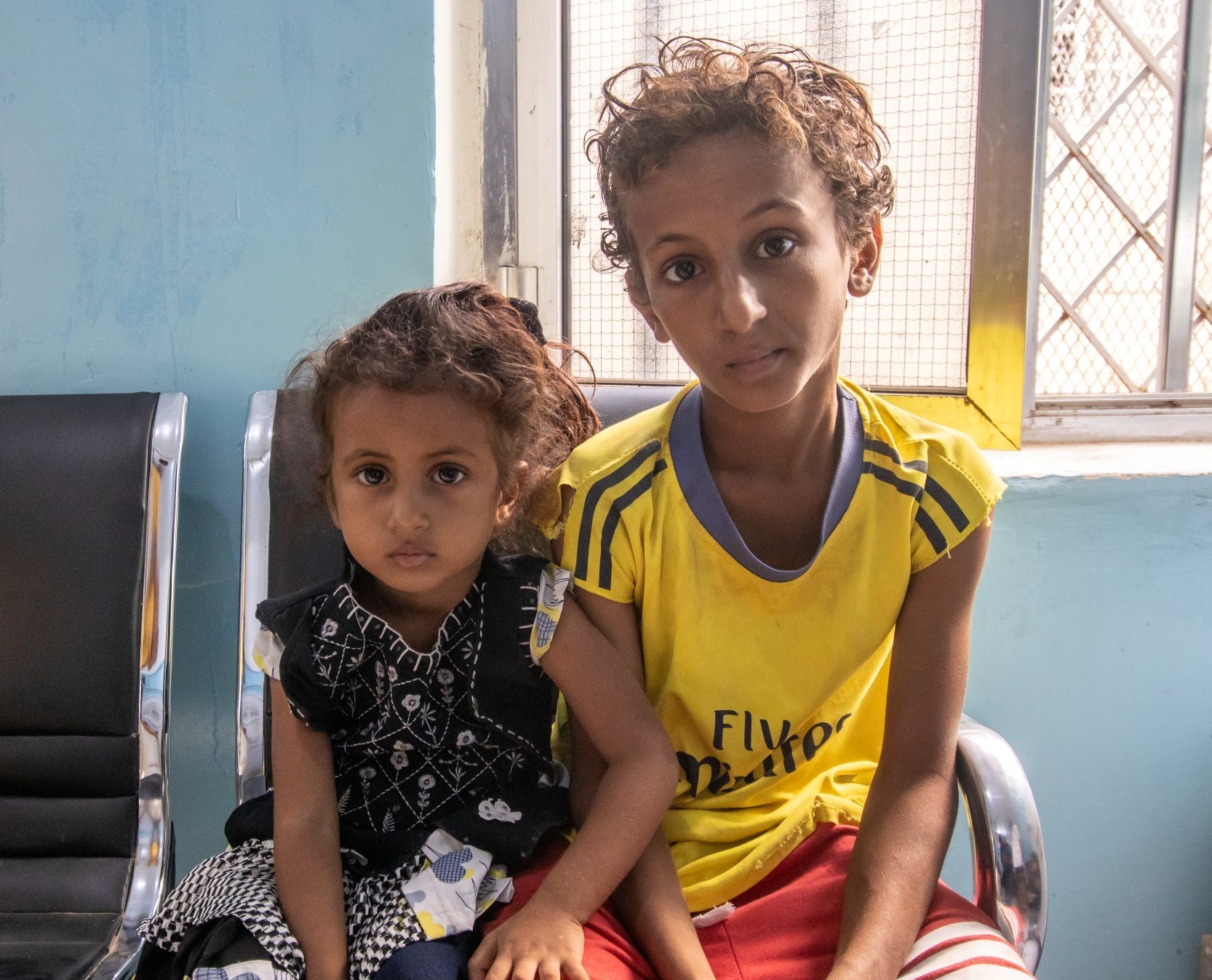
Why We Must Fund Dignity, Not Dependency
To break this cycle, we need more than food aid. Families require resources, resilience, and the ability to meet their own needs, make their own decisions and plan beyond tomorrow. That means investing in sustainable livelihoods and inclusive social protection.
This is where cash transfers play a pivotal role. When well-designed and consistently delivered, they do far more than provide temporary relief. They restore dignity, reduce harmful coping strategies and stimulate local markets. They empower mothers to feed their children without pulling them out of school and allow communities to recover without falling deeper into poverty.
That’s why the Global Alliance Against Hunger and Poverty (GAAHP), launched under Brazil’s G20 presidency, is championing predictable, people-centred cash transfer systems. Countries like Mozambique, Rwanda, Zambia, and Bangladesh are already integrating these tools through the Alliance’s Fast-Track engagement process.
The Missing Link in the Hunger Equation
Yet cash alone isn’t the answer. Hunger is a manifestation of deeper political, social and economic injustice. If we are truly committed to lasting transformation, we must go beyond emergency relief and equip people with the means to build secure, independent lives.
That requires scaling up meaningful support for smallholder farmers, informal workers, women entrepreneurs, and climate-affected communities. Whether through access to markets, vocational training, or climate-resilient technologies, these investments are what turn vulnerability into resilience.
At World Vision, we see this approach working every day across more than 100 countries. It’s why we launched the ENOUGH campaign, to prioritise child-centred, community-led solutions that address hunger at its roots. ENOUGH not only raises the alarm; it amplifies the voices of children and families on the frontlines, and calls for investment in nutrition, school meals and income-generating opportunities.
Aligning Efforts, Amplifying Impact
Too often, well-meaning interventions operate in silos chasing visibility over impact, and short-term gains over long-term transformation. This is where GAAHP and ENOUGH provide something uniquely powerful:
A strategic alignment of global policy and local accountability. One offers the infrastructure for coordinated government and donor action. The other brings the urgency, moral clarity, and lived experience to ensure that action is inclusive, responsive, and effective.
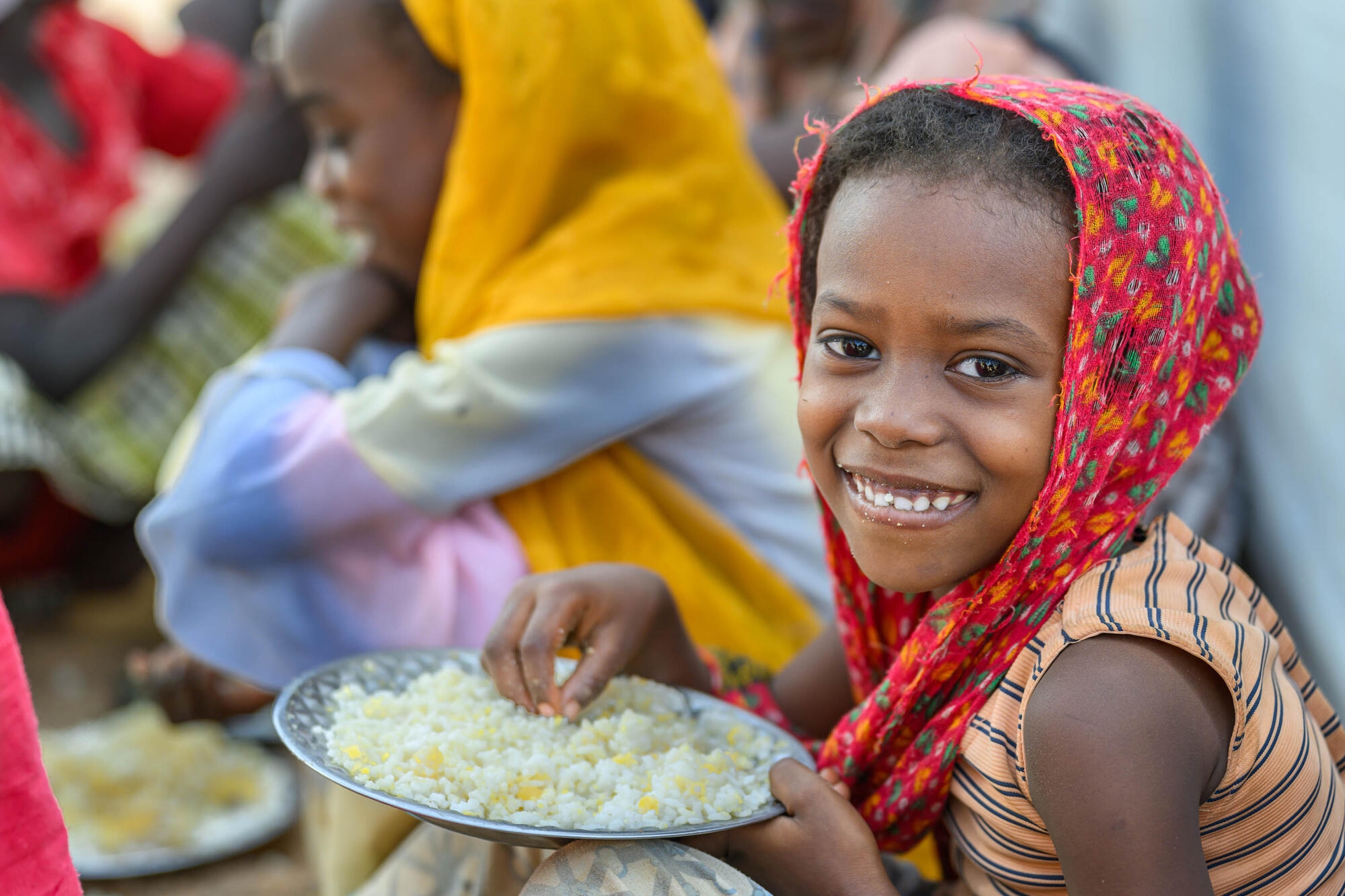
Let’s Act Before the Next Shock
We do not need another emergency to remind us that food insecurity is a global failure. What we need is leadership with the courage to act before the next crisis hits. If we are serious about ending hunger, the world, and especially its leaders, must invest in cash, care and community resilience not as a stopgap, but as the cornerstone of sustainable development.
Governments, donors, multilateral partners this is your moment. The blueprint exists. The tools are proven. The voices are rising. What’s needed now is political will, moral clarity and bold action.
To read the SOFI report click here
To learn more about World Vision’s ENOUGH campaign or its work to provide proper nutrition to children click here
Andrea Galante is World Vision’s Senior Policy Advisor on Food Security and Nutrition, Advocacy, and External Engagement. With over 20 years’ experience driving global advocacy and policy across the UN, G7, and G20. She has held senior roles at FAO and WFP, and previously served as Professor of Nutrition and Master’s Programme Coordinator at Centro Universitário São Camilo.
